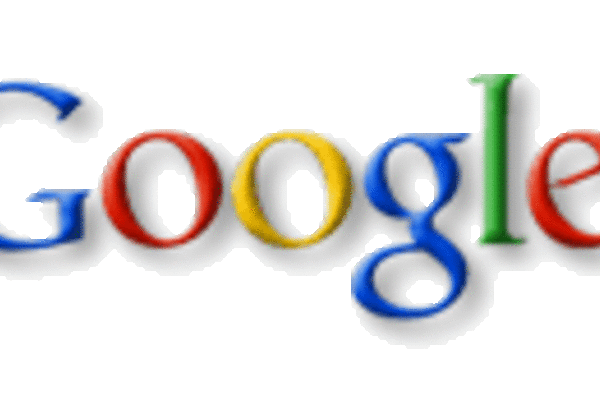Canadian copyright bill a threat to search engines?
James Delahunty
14 Jul 2005 4:45

Bill C-60, which amends the Copyright Act, has only received its first reading on the House of Commons on June 20th this year but experts who read the bill say that it could make Internet search and archive engines like Google illegal. The problem goes down to the wording of the bill, that says could be illegal for anyone to provide copyrighted information through "information-location tools," which actually includes search engines.
Ottawa copyright lawyer Howard Knopf, of the law firm of Macera & Jarzyna Moffat & Co. was startled by reading the bill and realising the possible negative effects it could have. "The phrasing of the proposed law is difficult because at first glance it seems to be a helpful provision in that it limits the liability of companies such as Google to no more than an injunction when they have not received actual notice of infringement. But then the language of the bill works on the assumption that the search engine itself is capable of infringing copyright by having archived copyright material on it." Mr. Knopf says.
Section 40.3 (1) of the bill states that "the owner of copyright in a work or other subject-matter is not entitled to any remedy other than an injunction against a provider of information location tools who infringes that copyright by making or caching a reproduction of the work or other subject matter." According to Knopf, this paragraph implies that information location tools (like search engines) would infringe copyright if they archive any material that is copyright.
One such example of how this is a problem would be Google Image Search. When you search for something, Google displays thumbnail's of images. However courts have leaned in the "fair use" direction for the thumbnail images supplied by search engines, saying usually that hey are no competition to any copyrighted work. "The way it is drafted strongly suggests that the reproduction and caching activity done by Google or the Wayback Machine at archive.org and similar essential research tools would be illegal in Canada," Knopf says. "It could be read by a court as a 'deeming' provision, which was hopefully not the intention."
However he would like to remind everyone that this bill has only so far had its first reason, so there is a lot of time for this issue to be fixed, or for that section to be removed completely. He stands firmly by the search engines in this one. "We shouldn't cripple the Googles of the world by imposing copyright chill on the very basis of their architecture. In fact, they perform a very useful service to copyright owners by enabling easy detection of infringement. The owners should go after the actual infringer, rather than effectively shooting the messenger." he said.
Source:
GlobeTechnology